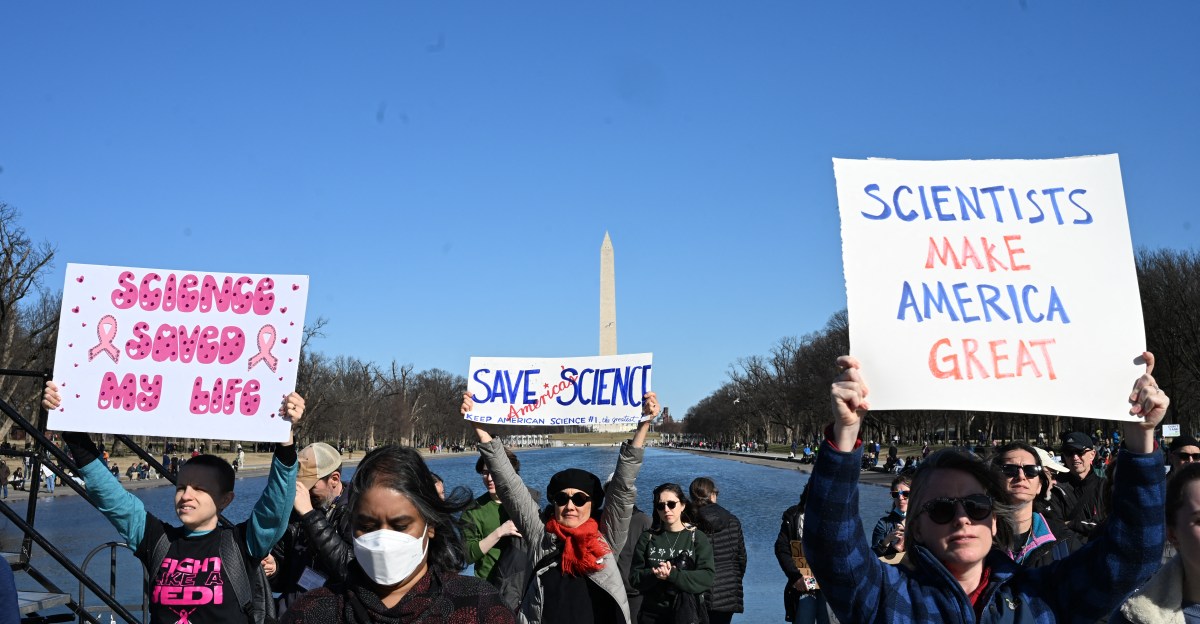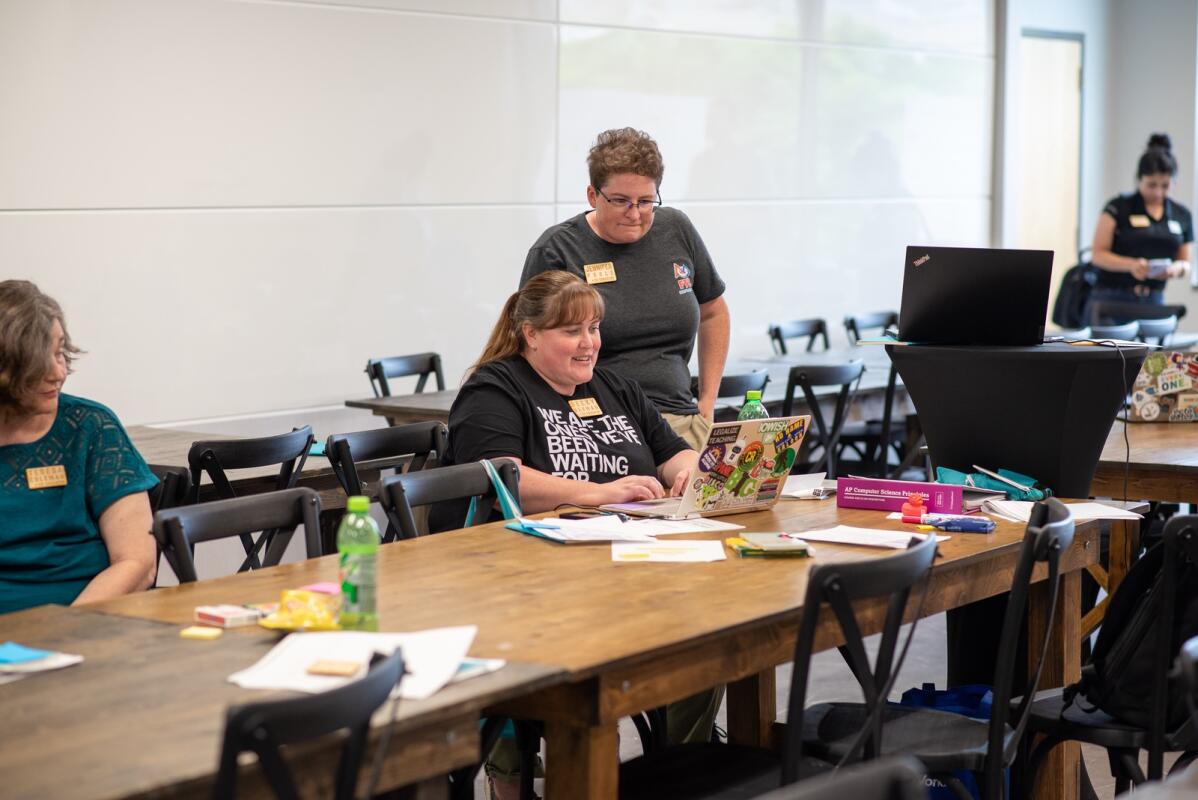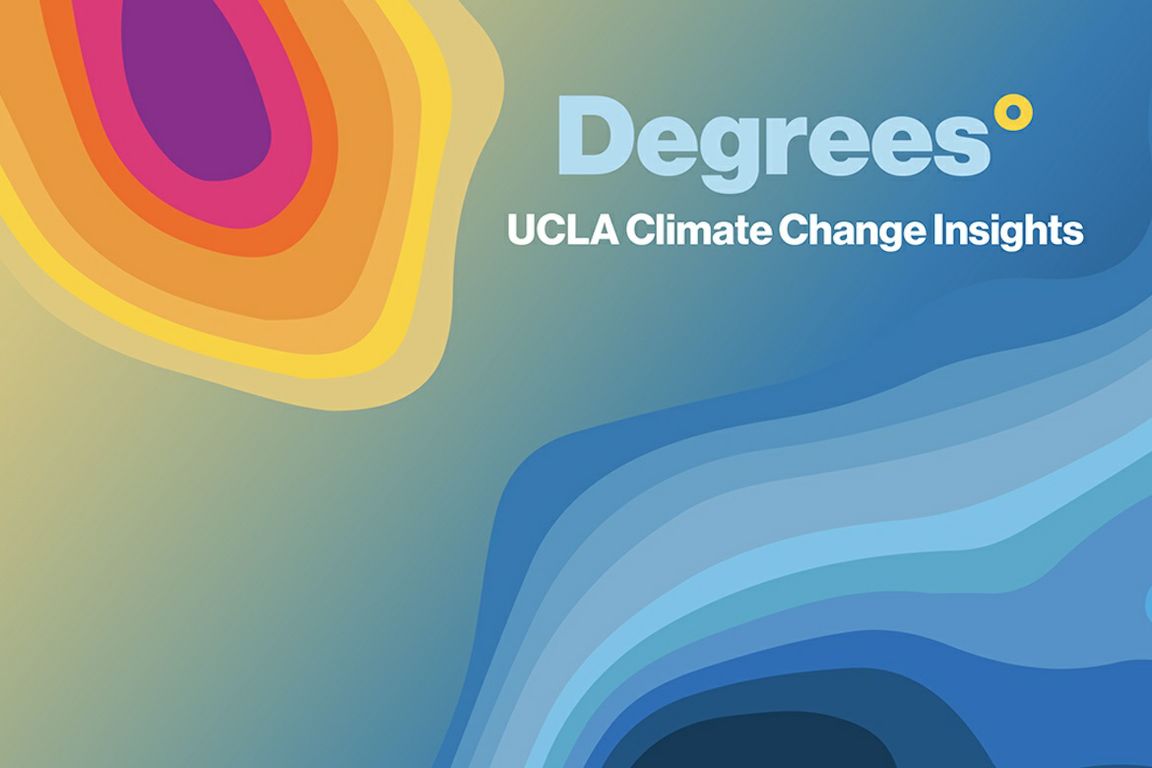Breaking: U.S. Scientific Innovation on Life Support - The Quiet Crisis Unfolding
Science
2025-04-09 12:30:00Content

In a misguided attempt to protect American jobs and national interests, the Trump administration's harsh policies toward foreign students and scientists are instead delivering a devastating blow to the United States' global technological leadership and innovation ecosystem.
The recent restrictions targeting international students and researchers represent more than just bureaucratic red tape—they are a self-destructive strategy that undermines America's long-standing competitive advantage. By creating hostile immigration policies, the administration is effectively pushing away some of the world's brightest minds who have traditionally viewed the United States as the premier destination for advanced education and cutting-edge research.
These policies not only discourage talented individuals from studying and working in the United States but also provide a significant opportunity for competing nations to attract top-tier global talent. Countries like Canada, China, and European nations are eagerly positioning themselves to welcome the scientists and students who now feel unwelcome in America.
The economic and intellectual consequences are profound. Foreign students and researchers have been instrumental in driving innovation across critical fields such as technology, medicine, and engineering. They contribute billions to the U.S. economy, fill crucial gaps in specialized workforce sectors, and have historically been key contributors to groundbreaking scientific discoveries.
By implementing these restrictive measures, the Trump administration is not protecting American workers but instead creating a self-inflicted wound that could take decades to heal. The long-term damage to America's research capabilities, technological innovation, and global intellectual leadership cannot be overstated.
As the world becomes increasingly interconnected, such isolationist approaches will only serve to diminish the United States' position on the global stage, turning what was once a beacon of opportunity into a fortress of diminishing returns.
Academic Exodus: How Restrictive Policies Undermine America's Global Innovation Landscape
In an era of unprecedented global connectivity, the United States finds itself at a critical crossroads, where immigration policies targeting international scholars and researchers threaten to dismantle decades of intellectual collaboration and technological advancement. The potential consequences of such restrictive measures extend far beyond immediate academic circles, potentially reshaping the nation's long-term competitive edge in scientific and technological innovation.Unraveling the Fabric of Global Academic Excellence
The Erosion of Intellectual Capital
The systematic marginalization of international students and scientists represents a profound strategic misstep with far-reaching implications. Foreign scholars have historically been the lifeblood of American research institutions, bringing diverse perspectives, cutting-edge methodologies, and transformative intellectual contributions. By implementing increasingly restrictive policies, the United States risks creating an unwelcoming environment that could permanently redirect global talent away from its academic and research ecosystems. Universities and research centers have long depended on international talent to drive breakthrough innovations across multiple disciplines. The intricate network of global knowledge exchange has been a cornerstone of American scientific leadership, enabling cross-cultural collaborations that transcend traditional boundaries. These partnerships have been instrumental in developing groundbreaking technologies, medical advancements, and scientific discoveries that have positioned the United States as a global innovation hub.Economic and Technological Implications
The potential exodus of international scholars represents more than an academic challenge—it signals a significant economic threat. Highly skilled researchers and students contribute substantially to technological innovation, startup ecosystems, and economic growth. Many pioneering technology companies, from Google to Tesla, were founded or co-founded by immigrants, underscoring the critical role of international talent in driving entrepreneurial success. Moreover, restrictive policies create a ripple effect that extends beyond immediate academic environments. Research funding, technological patents, and scientific publications could experience substantial declines as talented individuals seek more welcoming academic landscapes in countries with more inclusive immigration frameworks. This potential brain drain could fundamentally alter the global competitive landscape of scientific research and technological development.Psychological and Cultural Dimensions
Beyond tangible economic metrics, these policies inflict profound psychological damage on the international academic community. The perception of being unwelcome can create lasting emotional and professional barriers, potentially deterring future generations of scholars from considering the United States as a premier destination for academic and professional growth. The chilling effect of such policies extends into complex cultural territories, challenging the foundational principles of academic freedom and global intellectual exchange. By constructing bureaucratic barriers, the United States risks transforming its reputation from a beacon of opportunity to a fortress of exclusion, directly contradicting the core values of scientific collaboration and mutual understanding.Strategic Recommendations and Future Outlook
Addressing these challenges requires a multifaceted approach that recognizes the intrinsic value of international academic talent. Policymakers must develop nuanced, flexible immigration frameworks that balance legitimate security concerns with the imperative of maintaining global academic competitiveness. Universities, research institutions, and government agencies must collaborate to create supportive ecosystems that not only attract but retain international scholars. This involves developing comprehensive support systems, streamlining visa processes, and creating pathways for long-term professional integration that recognize the unique contributions of global talent. The future of American scientific leadership depends on its ability to embrace diversity, foster inclusive environments, and maintain its position as a global magnet for intellectual excellence. The choices made today will reverberate through generations, shaping not just academic landscapes but the broader contours of global innovation and technological progress.RELATED NEWS
Science

Young Innovators Triumph: Preston County's Science Prodigies Dominate Regional Competition
2025-02-18 13:30:00
Science

Cosmic Pioneers: How Redshift Researchers Shattered Scientific Boundaries
2025-03-06 18:41:07
Science

Young Science Prodigy: Brunswick Student Shines in Prestigious National Competition
2025-04-03 14:45:37





